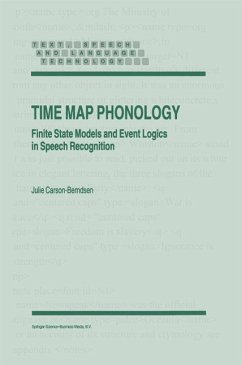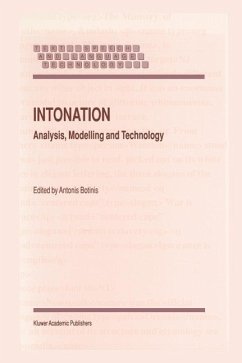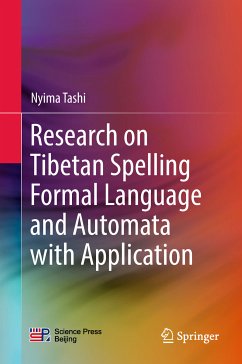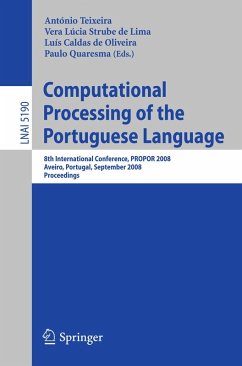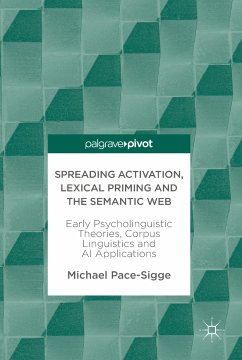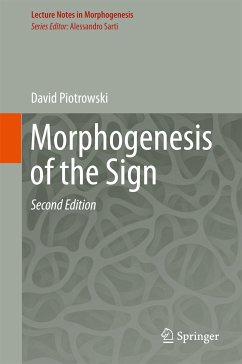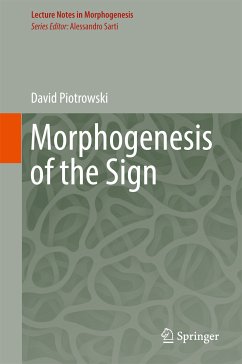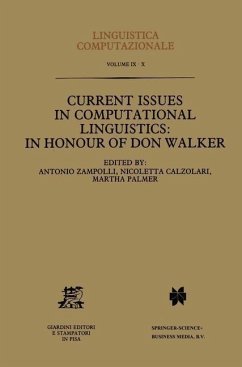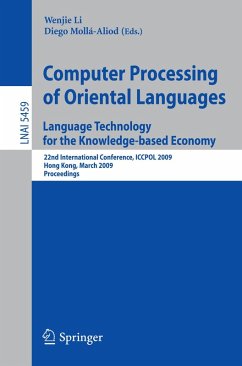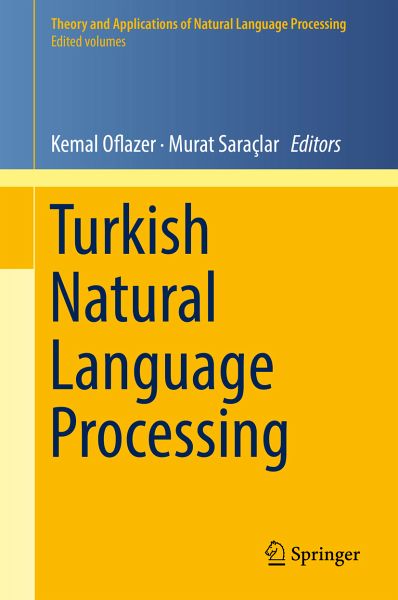
Turkish Natural Language Processing (eBook, PDF)
Versandkostenfrei!
Sofort per Download lieferbar
72,95 €
inkl. MwSt.
Weitere Ausgaben:

PAYBACK Punkte
36 °P sammeln!
This book brings together work on Turkish natural language and speech processing over the last 25 years, covering numerous fundamental tasks ranging from morphological processing and language modeling, to full-fledged deep parsing and machine translation, as well as computational resources developed along the way to enable most of this work. Owing to its complex morphology and free constituent order, Turkish has proved to be a fascinating language for natural language and speech processing research and applications. After an overview of the aspects of Turkish that make it challenging for natur...
This book brings together work on Turkish natural language and speech processing over the last 25 years, covering numerous fundamental tasks ranging from morphological processing and language modeling, to full-fledged deep parsing and machine translation, as well as computational resources developed along the way to enable most of this work. Owing to its complex morphology and free constituent order, Turkish has proved to be a fascinating language for natural language and speech processing research and applications.
After an overview of the aspects of Turkish that make it challenging for natural language and speech processing tasks, this book discusses in detail the main tasks and applications of Turkish natural language and speech processing. A compendium of the work on Turkish natural language and speech processing, it is a valuable reference for new researchers considering computational work on Turkish, as well as a one-stop resource for commercial and research institutions planning to develop applications for Turkish. It also serves as a blueprint for similar work on other Turkic languages such as Azeri, Turkmen and Uzbek.
Dieser Download kann aus rechtlichen Gründen nur mit Rechnungsadresse in A, B, BG, CY, CZ, D, DK, EW, E, FIN, F, GR, HR, H, IRL, I, LT, L, LR, M, NL, PL, P, R, S, SLO, SK ausgeliefert werden.
Alle Preise in Euro und inkl. der gesetzl. MwSt. | Innerhalb Deutschlands liefern wir preisgebundene Bücher versandkostenfrei. Weitere Informationen: bitte hier klicken
Support
Bitte wähle dein Anliegen aus:
Rechnungen
Bestellstatus
Retourenschein
Storno



